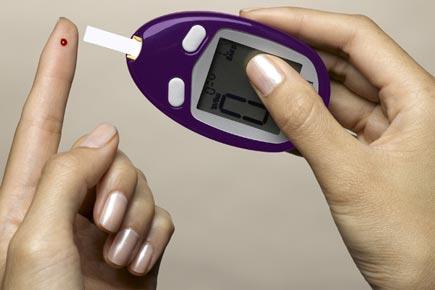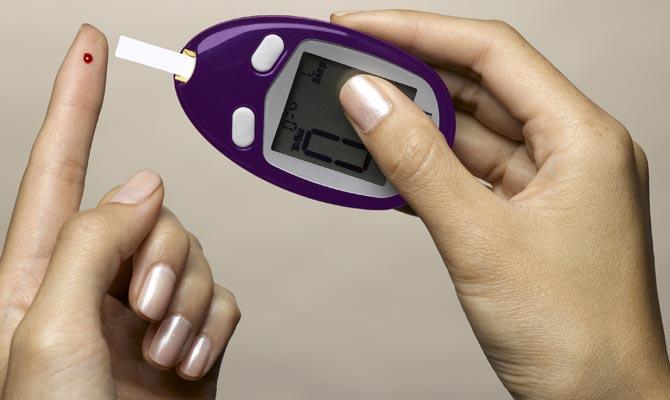One million people in India who received text messages twice a week advising them to exercise, eat less fat, and consume more fruits and vegetables increased these health behaviours which prevented diabetes, a new study has found

diabetes
Washington: One million people in India who received text messages twice a week advising them to exercise, eat less fat, and consume more fruits and vegetables increased these health behaviours which prevented diabetes, a new study has found.
ADVERTISEMENT

Representational picture
The effort by researchers from Northwestern University in the US and Arogya World, a global health non-profit organisation is the first to use the power and reach of mobile phones to change diabetes risk behaviours in a large number of people from different parts of a vast country like India. It has implications for diabetes prevention in low and middle-income countries.
In India, the diabetes burden is very high. An estimated 66 million people live with the disease, and 1 million die from it each year, researchers said.
Indian Americans also are hard hit with diabetes. The diabetes prevalence in this population is four times higher than among Caucasians in the US, they said.
Researchers compared composite scores of the experimental group's fruit, vegetable and fat intake and exercise with the control group.
While people in both the experimental and control group improved their health behaviours over six months, the experimental group improved significantly more.
Almost 40 per cent more people improved their health behaviours as a result of the texting (299 showing improvement in the experimental group versus 185 in the control group).
"Noncommunicable diseases, one of the leading health and development challenges of the century, demand simple, proven, cost-effective prevention solutions that can be easily deployed at the population level," said Nalini Saligram, founder and CEO of Arogya World.
"Our study suggests mobile health technology is a smart solution and has broad implications for diabetes prevention at the population level in low and middle-income countries," said Saligram.
"This shows the potential for even the most basic of mobile phones to be used as a viable tool to deliver public health messages on a large scale across a diverse population," Angela Fidler Pfammatter, research assistant professor at Northwestern University.
"And you just need a basic mobile phone. This can make an impact," said Pfammatter.
The study gathered responses from nearly 1,000 people who received text messages as part of Arogya World's mDiabetes initiative and compared them to responses from a similar number of people who did not receive the text messages.
The randomly chosen 1,000 individuals, who were surveyed by phone in the language of their choice, were considered a representative sample of the one million participants.
The study scored for fruit, vegetable and fat consumption as well as exercise in participants at baseline and six months. There were 943 people in the control group, 982 in the experimental one.
The findings were published in the Journal of Medical and Internet Research.
 Subscribe today by clicking the link and stay updated with the latest news!" Click here!
Subscribe today by clicking the link and stay updated with the latest news!" Click here!






